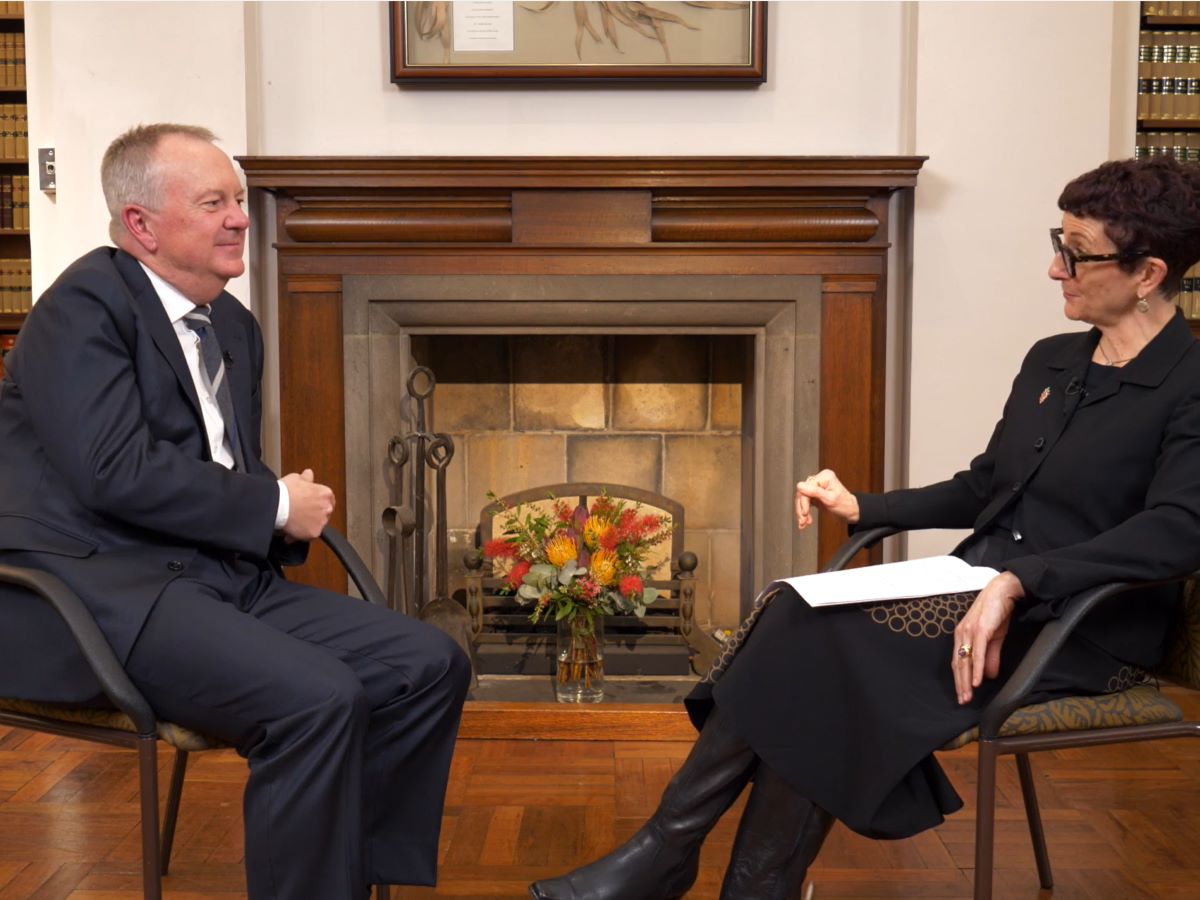Juries and social media: not like peaches and cream
Posting on Instagram, Facebook and Twitter is usually harmless fun. But one place where you must resist the lure of social media is when you are called up for jury service.
Posting on Instagram, Facebook and Twitter is usually harmless fun. But one place where you must resist the lure of social media is when you are called up for jury service.
Scene one: It’s day one of a trial and the Judge asks the jury to choose a foreperson. In the three minutes it takes the jury to do this task, they take a group selfie and one of them posts it to Facebook. Whoops! That juror has just broken the law and the judge will now have to decide whether to continue the trial with the current jury or start over with a new one. Scene two: It’s day ten of a murder trial in the court next door and a juror pulls out his phone to see if the accused has any prior convictions. This juror has also broken the law and the trial is at risk of having to start again. Particular laws apply to juries and social media and breaching those laws attracts serious penalties including hefty fines or even a jail term. This week Victoria Law Foundation had a chat to Juries Commissioner Paul Dore to find out more about juries and social media.
How can jury members get into trouble with social media?
‘One of the main ways jurors get into trouble is by friending fellow jurors on social media such as Facebook and LinkedIn, and identifying them as fellow jurors on a trial through photographs and tagging,’ says Juries Commissioner Paul Dore. In Victoria, it is unlawful to publish any information or image that identifies a person attending for jury service (section 77, Juries Act 2000). ‘The reason for this law is to protect the jury and to minimise the likelihood of jurors being intimidated or influenced in any way,’ he explains. ‘The media is prohibited from publishing names, photographs or any details that could lead to the identification of a juror. Unlike in the United States, we don't have a celebrity culture around juries. ‘When the Juries Act became law, ‘publisher’ meant one thing; six years later, Facebook was born and we all became publishers,’ he says.
When I am called up for jury service can I research aspects of the case on the internet?
‘Another way jurors get into trouble is by doing internet searches to get information about a party to the trial or any matter relevant to the trial. This is arguably more serious,’ he says. A juror must not make enquiries about trial matters including using the internet to search an electronic database for information (section 78A, Juries Act 2000). ‘This law is underpinned by the presumption of innocence and right to a fair trial. The Crown must prove its case and the jury verdict is informed by the strength (or lack thereof) of the prosecution's case.’ The problem with jurors researching on the internet is that the information they have found cannot be tested by the court. ‘It’s static and as likely to be written by an eminent academic as it is by a 40-year-old man living in his mother's basement!’ The big issue is prior convictions. ‘Courts bend over backwards to ensure the accused is only on trial for the current alleged offences, not for past behaviour, and Google interrupts this presumption in a significant way,’ he adds.
What are some of the commonly asked questions by jurors around social media?
‘I don't think people ask enough questions, perhaps assuming their role as juror or prospective juror is no different than any other aspect of their lives where they can take photos, tag, post, comment and advertise their every action and experience,’ Commissioner Dore says. ‘We are doubling our efforts to inform people of the need to alter their expectations while on jury service with respect to social media and googling every topic of interest at will.’
Are social media laws around juries up-to-date?
‘Social conditions and community expectations have changed dramatically in the 17 years since the Juries Act became law,' Commissioner Dore says. ‘We have to accept that a smart phone is as common as a wrist-watch 40 years ago… and we need to strike a balance between the court processes and principles and citizens' expectations. ‘I'm not advocating for Trump-like tweeting but internet abstinence isn't achievable either. We have had more than a dozen marriages result from couples who met while serving on a jury (or attending for jury service). Meeting new people and becoming friends is as old as the jury system itself! ‘For that reason, friending people on Facebook after the trial or once your jury service is complete is not a problem.' In essence, these laws are about protecting the integrity and independence of juries. And the laws that restrict the use of social media by jurors helps to achieve that end. This information applies to the law in Victoria.
Publications
Subscribe to our Newsletter
Courts, Community and Confidence
Join Chief Justice Richard Niall a for a recorded conversation about the law’s role in our community and the challenges shaping justice today.


